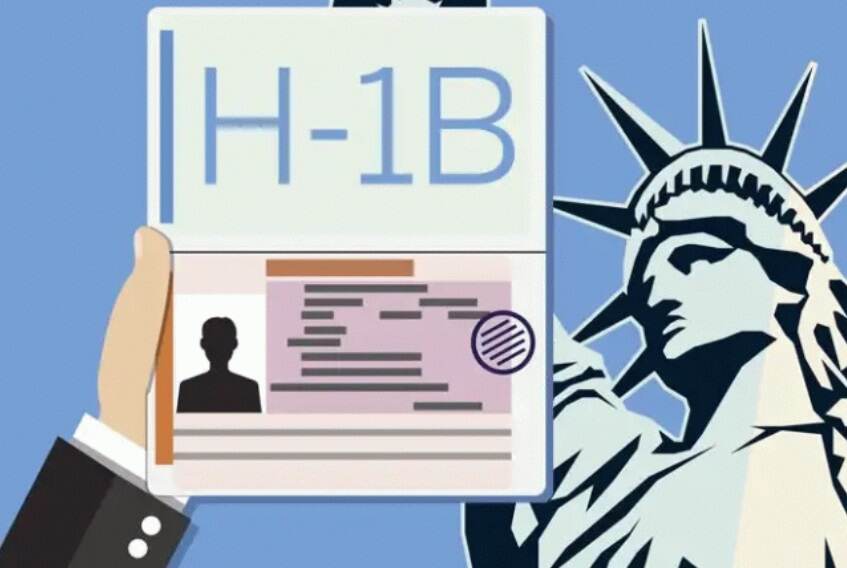US Citizenship and Immigration Services (USCIS) has recently announced a 12% increase in visa application processing fees across a few categories. This includes the widely used H-1B visa, which permits US companies to employ foreign workers in specialized occupations that require theoretical or technical expertise. The new fee amounts to $2,805 (Rs 2,33,513), up from the current fee of $2,500 (Rs 2,08,122). The new premium processing fees take effect from February 26 of the upcoming year.
The new fee schedule is designed to reflect inflation. According to USCIS, the agency needs to ensure it can meet future workload demands. This is especially important as it seeks to respond to demand for adjudication and reduce backlogs. The agency also plans to use the increased fees to improve processing operations and enhance customer service.
Premium processing allows petitioners to submit an expedited request for a case review in exchange for additional fees. It is often used for cases involving cap-exempt H-1B workers or those seeking an extension of their employment authorization beyond the six-year limit.
However, the fee change will likely not impact how many petitioners request the premium processing. According to the agency, more than half of eligible petitioners for H-1B visas selected by random lottery do not file for premium processing—those who do usually benefit from the extra fee.
In addition to the increase in premium processing fees, USCIS is also increasing the filing fees for several other forms. Form I-539, used by students, spouses, and dependents of H-1B holders to change or extend their non-immigrant status, will now cost USD 1,965. The cost of Form 1-765, which is used to request employment authorization for F-1 students whose OPT has expired, will now be USD 1,685.
These increases are part of a more significant fee rule that USCIS published in June 2022. The fee rule adjusts premium processing fees biennially to reflect inflation measured by the Consumer Price Index for All Urban Consumers. The increase is designed to help USCIS generate enough revenue to pay for the costs of its services.



